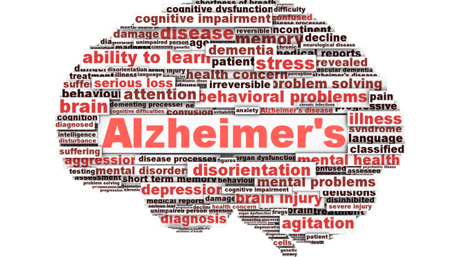
12/18/2023
Hot Topics of the Day are picked by experts to capture the latest information and publications on public health genomics and precision health for various diseases and health topics. Sources include published scientific literature, reviews, blogs and popular press articles.
Sign up MyPHGKB to receive the daily hot topic email alert.
Archived Hot Topics of the Day By Date
Direct to Consumer Biomarker Testing for Alzheimer Disease—Are We Ready for the Insurance Consequences?
JJ Arias et al, JAMA Neurology, December 18, 2023
No room at the table.
Lauren C Radlinski et al. Science 2023 12 (6676) 1244-1245
Newborn Screening for Severe Combined Immunodeficiency: Lessons Learned from Screening and Follow-Up of the Preterm Newborn Population
A Gaviglio et al, IJNS, December 2023
Disclaimer: Articles listed in Hot Topics of the Day are selected by Public Health Genomics Branch to provide current awareness of the scientific literature and news. Inclusion in the update does not necessarily represent the views of the Centers for Disease Control and Prevention nor does it imply endorsement of the article's methods or findings. CDC and DHHS assume no responsibility for the factual accuracy of the items presented. The selection, omission, or content of items does not imply any endorsement or other position taken by CDC or DHHS. Opinion, findings and conclusions expressed by the original authors of items included in the Clips, or persons quoted therein, are strictly their own and are in no way meant to represent the opinion or views of CDC or DHHS. References to publications, news sources, and non-CDC Websites are provided solely for informational purposes and do not imply endorsement by CDC or DHHS.
- Page last reviewed:Feb 1, 2024
- Page last updated:May 07, 2024
- Content source:




